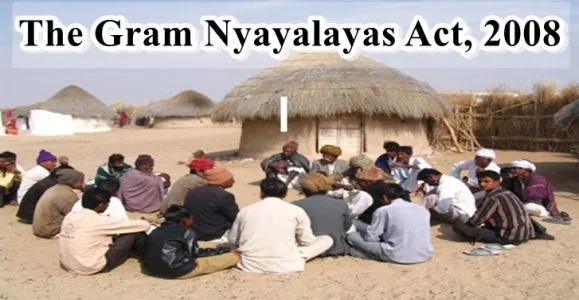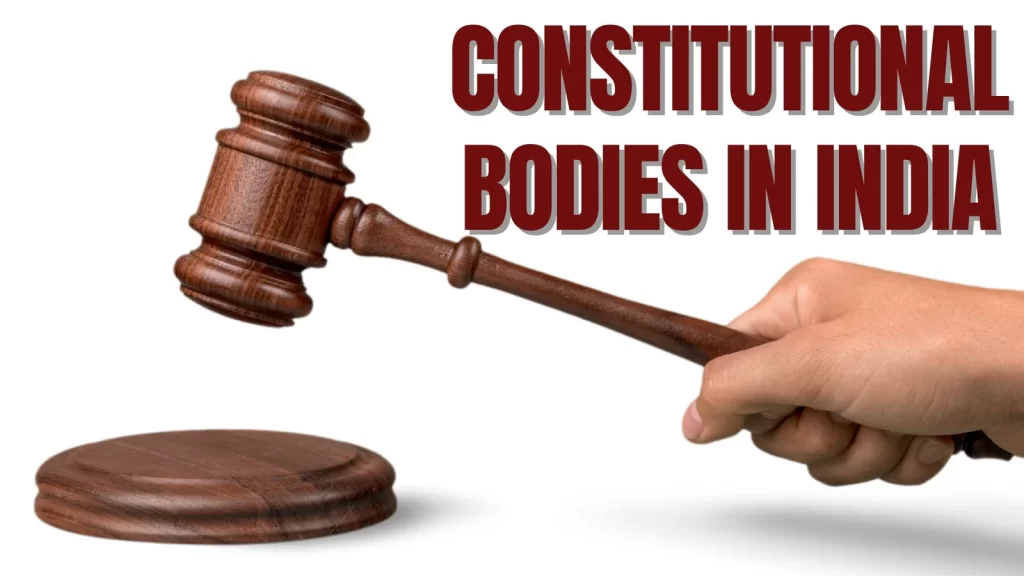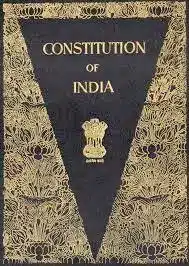About Gram Nyayalayas
To provide access to justice to the citizen at their door steps, the Central Government has enacted the Gram Nyayalayas Act, 2008.
- It provides for establishment of Gram Nyayalayas at intermediate panchayat level.
- The Law Commission of India, in its 114th Report, in 1986 recommended it.
- Article 39A of the Indian Constitution ensures that the legal system promotes justice and provides free legal aid to ensure equal opportunities for all citizens, regardless of economic or other disabilities.
- The Act extends to the whole of India, except to the States of Nagaland, Arunachal Pradesh, Sikkim and to the tribal areas specified in the Sixth Schedule to the Constitution of India within the States of Assam, Meghalaya, Tripura and Mizoram, respectively.
Features of Gram Nyayalayas
- In terms of Section 3 (1) of the Gram Nyayalayas Act, 2008, the State Governments are responsible for establishing Gram Nyayalayas in consultation with the respective High Courts. However, the Act does not make setting up of Gram Nyayalayas mandatory.
- Section 4 of the Act provides for the headquarters of the gram nyayalaya to be situated in the respective Panchayat or some other place notified by the state government.
- The Gram Nyayalayas are presided over by a Nyayadhikari (appointed by the State Government in consultation with the respective High Court).
- Gram Nyayalayas are deemed to be a Court of Judicial Magistrate of First Class with both civil and criminal jurisdiction to settle petty disputes at the village level.
- The Gram Nyayalayas Bill was passed by the Parliament on 22nd December 2008 and the Gram Nyayalayas Act came into force with effect from 02nd October, 2009.
- The Gram Nyayalaya shall not be bound by the rules of evidence provided in the Bhartiya Sakshya Adhiniyam, 2023, but shall be guided by the principles of natural justice, subject to any rule made by the high court.

Appeals against Gram Nyayalayas
- An appeal against the decision of the Gram Nyayalaya in a criminal matter can be filed in the sessions court of that jurisdiction.
- An appeal against the decision of the Gram Nyayalaya in a civil matter can be filed in the District court of the concerned jurisdiction.
Also refer:
- Top 50 Indian Polity MCQs
- Difference Between Procedure Established by Law and Due Process of Law
- Difference Between Fifth Schedule And Sixth Schedule
- Top 50 Science MCQs For Competitive Exams
- Know About The Different Financial Sector Regulators In India








